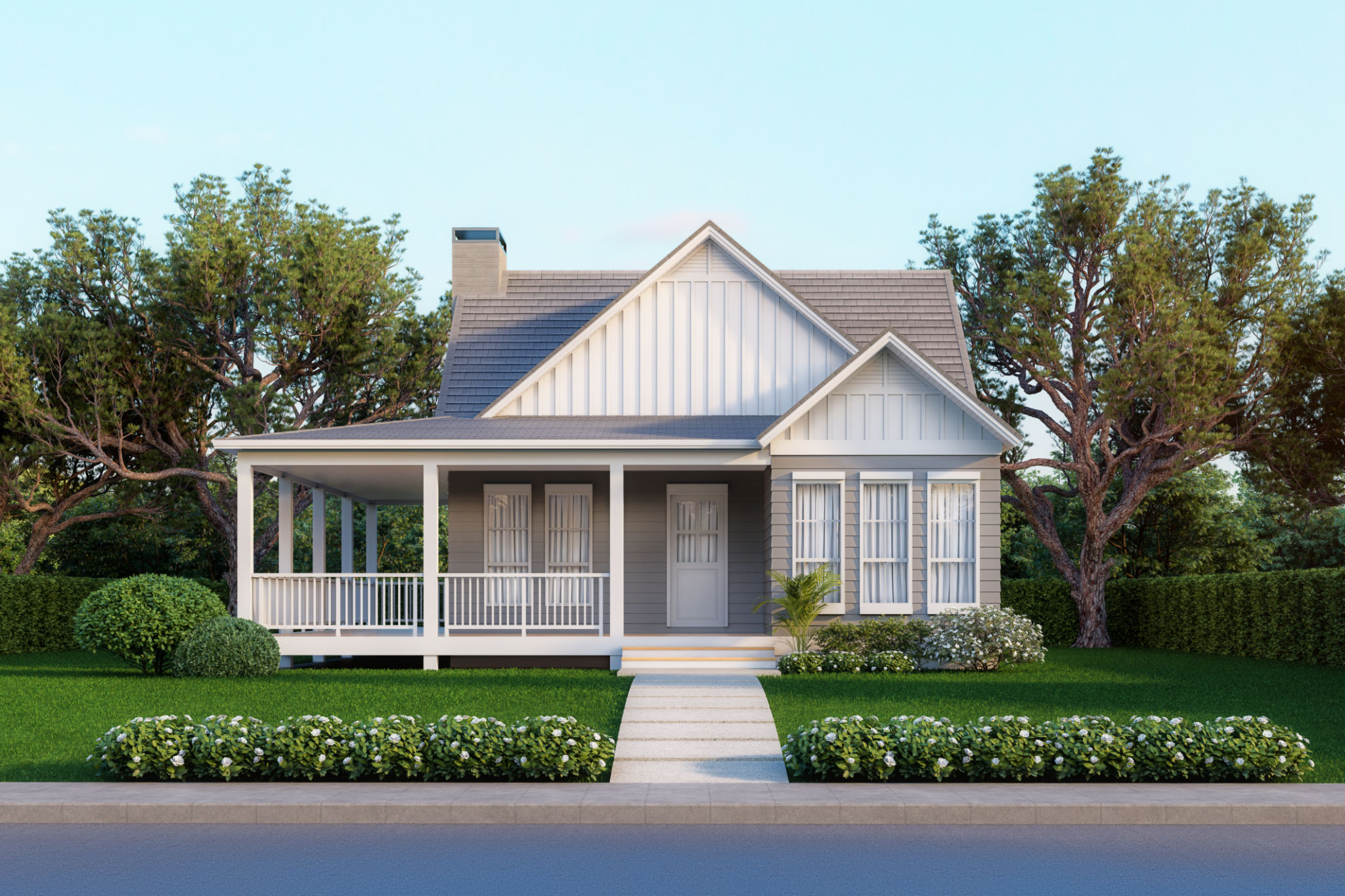Comparing Container Homes vs. Traditional Homes: Which is Right for You?
Understanding the Basics of Container Homes
Container homes have gained popularity as a modern and sustainable housing option. These homes are constructed using shipping containers, which are repurposed to create living spaces. The appeal of container homes lies in their affordability, eco-friendliness, and unique design possibilities. Many people are drawn to the idea of giving new life to materials that would otherwise be wasted.

One of the primary advantages of container homes is their cost-effectiveness. The initial investment is generally lower than that of traditional homes, as shipping containers are readily available at a fraction of the price of conventional building materials. Additionally, the construction process is faster, allowing homeowners to move in sooner.
Exploring Traditional Homes
Traditional homes, built with brick, wood, or concrete, have stood the test of time due to their durability and aesthetic appeal. These homes offer a wide range of architectural styles and can be customized to fit personal tastes and family needs. The longevity and proven performance of traditional homes make them a reliable choice for many.

While traditional homes may require a larger initial investment compared to container homes, they often increase in value over time. This potential for appreciation can be a significant advantage for homeowners looking to build equity. Additionally, traditional homes tend to have a more established market, making resale easier.
Comparing Sustainability
In terms of sustainability, container homes have a clear edge. Repurposing shipping containers reduces waste and minimizes the need for new materials, making them an environmentally friendly option. Moreover, these homes typically require less energy to heat and cool, further reducing their carbon footprint.
Traditional homes can also be sustainable if built with eco-friendly materials and energy-efficient systems. However, they generally require more resources during construction and may not be as inherently sustainable as container homes.

Considering Lifestyle and Location
The choice between a container home and a traditional home may also depend on your lifestyle and location. Container homes are ideal for those seeking a minimalist lifestyle or living in areas where space is limited. They are also great for off-grid living, as they can be easily modified to include solar panels and rainwater collection systems.
In contrast, traditional homes offer more space and are often better suited for families or individuals who desire more room for activities or future expansion. They are also more commonly found in established neighborhoods with access to amenities like schools, parks, and shopping centers.
Assessing Long-term Considerations
When deciding between container homes and traditional homes, consider long-term needs such as maintenance, resale value, and potential for expansion. Container homes may require specific upkeep due to their metal structure, such as rust prevention and insulation upgrades.

Traditional homes may involve more routine maintenance tasks like roofing and landscaping but offer easier opportunities for renovations or additions. Ultimately, both options have their pros and cons, and the right choice depends on individual priorities and circumstances.
- Cost: Container homes are generally more affordable upfront.
- Sustainability: Container homes have a smaller carbon footprint.
- Space: Traditional homes offer more room and customization options.
- Market: Traditional homes have a more established resale market.
Deciding between a container home and a traditional home requires weighing these factors carefully to determine which aligns best with your lifestyle, budget, and long-term goals.
